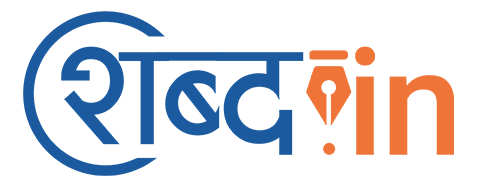Here are some more important things to know before publishing a book:
1- Book Marketing Plan:
Develop a comprehensive marketing plan that outlines your strategies for promoting and selling your book. Consider online and offline marketing tactics, such as social media campaigns, book signings, author events, email newsletters, blog tours, and advertising. Set clear goals and allocate resources effectively to maximize your book’s reach.
2- Author Website and Mailing List:
Create an author website that serves as a central hub for your work. Include information about your books, author bio, contact details, and links to your social media profiles. Also, start building an email list to communicate directly with your readers and keep them updated on new releases and promotions.
3- Book Distribution:
Understand the various distribution channels available to you, including online retailers, brick-and-mortar bookstores, libraries, and direct sales through your website. Research and decide on the distribution methods that align with your goals and target audience.
4- Book Pricing Strategy:
Determine the appropriate pricing strategy for your book. Consider factors such as production costs, market demand, competition, and perceived value. Experiment with different price points and promotions to find the optimal balance between profitability and reader affordability.
5- Author Platform Expansion:
Continuously work on expanding your author platform beyond your book release. Engage with your readers through social media, blog posts, podcasts, or video content. Consider collaborating with other authors or influencers to reach new audiences and build your author brand.
6- Book Formatting and Design:
Pay attention to the interior formatting and design of your book. Ensure that the font, layout, headings, and overall presentation are professional and visually appealing. A well-designed book enhances the reading experience and conveys a sense of quality.
7- Copyright Registration:
While copyright protection is automatic, consider registering your copyright with the relevant copyright office in your country. Registration provides additional legal protection and allows you to enforce your rights more effectively in case of infringement.
8- Author Events and Public Speaking:
Explore opportunities for speaking engagements, book readings, and author events. Participate in literary festivals, conferences, and local community events to connect with readers and expand your network. Public speaking engagements can help you promote your book and establish yourself as an authority in your field.
9- Reader Feedback and Reviews:
Embrace reader feedback, both positive and constructive criticism. Encourage readers to leave reviews on platforms like Amazon, Goodreads, or book blogs. Reviews not only provide social proof but also offer insights into reader preferences and can inform your future writing endeavors.
10- Bookkeeping and Financial Management:
Set up a system for bookkeeping and financial management to keep track of your income, expenses, and royalties. Consider working with an accountant or using accounting software to ensure accurate financial records.
11- International Rights and Translation:
Explore opportunities to sell international rights to your book or translate it into other languages. This can expand your readership and open doors to new markets. Consider working with literary agents or foreign rights specialists who can assist with licensing and translation agreements.
12- Continued Learning:
Stay informed about industry trends, publishing innovations, and marketing strategies. Join writing communities, attend workshops or webinars, and read books or articles on the publishing industry. Continued learning will help you adapt to the evolving landscape and refine your approach.
13- Celebrate Milestones:
Acknowledge and celebrate your achievements along the publishing journey. Completing a manuscript, securing a publishing deal, or receiving positive reviews are milestones worth recognizing. Take time to appreciate your progress and use these milestones as motivation for your future endeavors.
Remember that publishing a book is a dynamic process, and each author’s journey is unique. Stay flexible, adapt your strategies when necessary, and enjoy the experience of sharing your work with the world. Good luck with your publishing endeavors!
